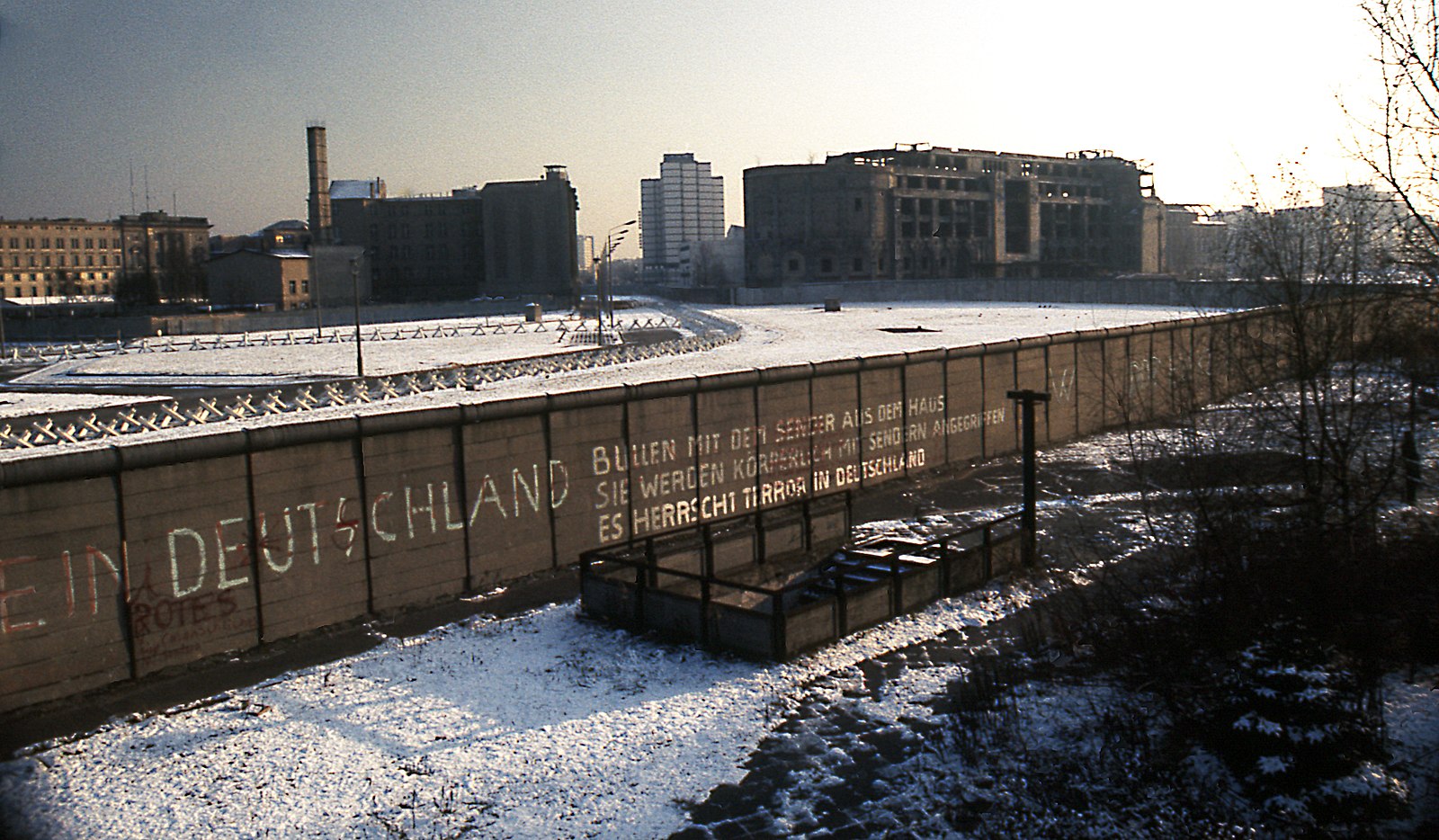Germany’s Eastern Shadow

Since the recent German Parliamentary elections on Feb. 23, Germans have shown the world that both the East and West—although not by a wall—are still divided. The question is whether this schism stems from the country’s socialist cultural and economic past?
In 2019, 30 years after the reunification of Germany, only about 38% of East Germans claimed that unification was a success. The majority of East Germans disagreeing with such a statement shows the underlying issues that are uniquely prevalent in that region—issues that should be identified and addressed if the German nation hopes to maintain its national unification and effective democratic practices.
From the collapse of the Berlin Wall to 2017, about 6 million people moved from former East Germany to regions in the west, with the highest net migration of any demographic being 700,000 people between the ages of 18-29. This loss of highly educated workers from the East not only bolstered the West’s economy but also left behind an aging, comparatively non-competitive population in the East.
The economy of the Deutsche Demokratische Republik (DDR) left the East in both technological and economical immaturity. This ultimately led to the shock of a free-market system that followed the collapse of the DDR.
In 1990, 45% of the East’s communication technology was older than 20 years of the current standard. Due to the DDR’s nationalization of agriculture, 47.2% of employment was in this industry, leaving little room for a diversified economy after reunification. Although there are still fiscal strides in cities like Dresden with its semiconductor plants, woefully, the West still outpaces the East in this regard.
The migration of the economy, coupled with stagnating innovation and an once agriculture-based economy, highlights the most significant disparities in wages and productivity between the modern East and West.
According to data from 2022, the gross wages earned from the eastern states only estimated to about 84.8% of the wages worked earned in the western states. Additionally, the per capita GDP of the East was €32,108 in 2018 while the West’s was €42,971. The major contributor to this lack of productivity can be attributed to the past collectivization of industry, which has consequently led to the region’s enduring, irreparable, and inadequate job characteristics.
Circa 2013, the Alternative Für Deutschland (AFD) party attempted to appeal many of the ailments suffered by East Germans. In their 2017 “Manifesto for Germany,” they list some labor policies, such as retaining the minimum wage, and even introduce a so-called “enabling basic income” system where workers can potentially retain more of their income in exchange for a lower unemployment benefit. This, as they similarly state, would incentivize more people to work, therefore increasing productivity and raising the basic income of workers.
AFD’s declared policies on familial issues in the nation are similarly appealing to the issues occurring in the East. According to statistics from 2018, single parenthood is more of an issue in the East, with 25% of parents being single compared to the West’s 18% of parents. The AFD declared “it will address the financial plight of single parents and breadwinners,” while additionally saying the advanced education and training for youth in the nation should be optimized to promote the economic stability of Germany.
The AFD’s most contentious opinions relate to immigration. Eastern Germany as previously addressed, has a significant lack of skilled workers in their regional states and additionally has an unemployment rate of 8%, which is 2% over the west. However, in recent years, illegal border crossings have been rising in Germany, with data showing from the Bundespolizei that there was a 60% increase in 2023. This consequently worries East Germans, who, due to the economic lag of the East, are afraid migrants might take jobs. Though there is no substantial data on the number of illegal immigrants employed in Germany, a correlation has been observed between high unemployment rates and the increased employment of illegal migrants.
Although the AFD may be regarded by their contemporaries in the parliament as extremists, such condemnations should not be attributed to the lone party that appears to recognize the ever-festering wounds of communism in the former Eastern Bloc of Germany. If Germany and countries similar are to ever address what the world is clearly seeing as an everlasting divide between a unified country, it must be wholeheartedly recognized that eastern Germany, like many other countries, still suffers from the plights of a socialist system.

